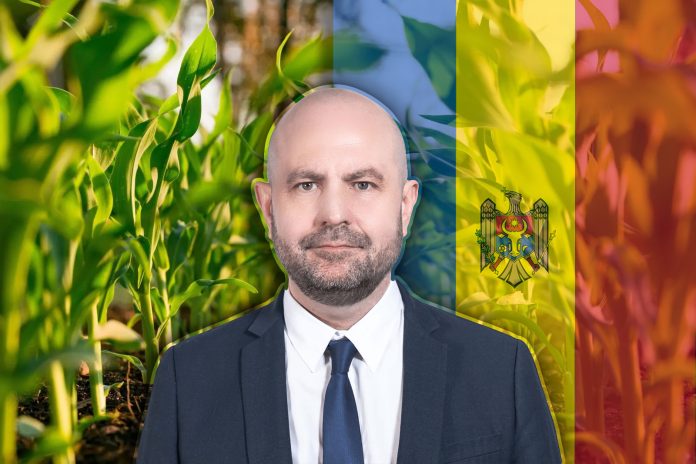The Ministry of Agriculture, the World Bank, and the International Bank for Reconstruction and Development (IBRD) have signed a loan agreement worth $55 million. The funds will be used for the implementation of the Agriculture Governance, Growth, and Resilience Investment Project (AGGRI) in our country until 2029.
Deputy Prime Minister Vladimir Bolea and the World Bank’s Country Manager for Moldova, Inguna Dobraja, signed the document. The investment objectives include the development of underperforming sub-sectors, increasing farmers’ income, creating new jobs and market opportunities, implementing smart agricultural practices, and promoting organic production.
“The document integrates the domains and priority areas for the sustainable development of agriculture. We are talking about the process of strengthening the Agricultural Intervention and Payments Agency (AIPA) and preparing the agency to access European funds. We are talking about the National Food Safety Agency (ANSA), which needs to guarantee the safety of food products. At the same time, through this program, we aim to increase the potential of the livestock sector and increase the number of high-yielding cows. It is evident that, due to climate change, today in the Republic of Moldova, we cannot talk about the development of agriculture without irrigation systems. Thus, we are taking the first step in restoring irrigation systems, followed by extensive processes of reorganizing the sector,” said Minister Vladimir Bolea.
FOR THE MOST IMPORTANT NEWS, SUBSCRIBE TO OUR TELEGRAM CHANNEL!
During the signing ceremony, Inguna Dobraja highlighted the achievements of previously funded projects by the World Bank. In her opinion, agriculture and the food sector are crucial for Moldova’s economy but face various difficulties, including those related to climate change.
“We are pleased to assist the Republic of Moldova in the transition towards sustainable agriculture. Signing the Agreement is the easiest part, but the final results depend on the implementation processes,” conveyed the Country Manager.
Out of the total amount, approximately $21 million is expected to be granted to farmers to stimulate initiatives for the promotion and development of the livestock and horticulture sectors. Another $25 million will be directed towards the rehabilitation of primary and secondary irrigation infrastructure. Approximately $6.5 million is allocated for strengthening the capacities of AIPA and ANSA, as well as supporting the establishment of the Agricultural Consultancy Center and Veterinary Centers of Excellence. Around $2.5 million will be used for project management.


